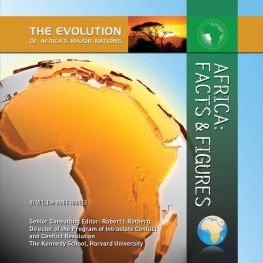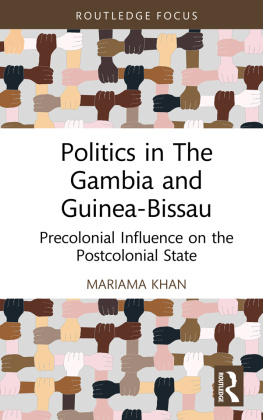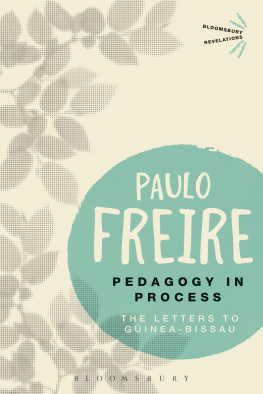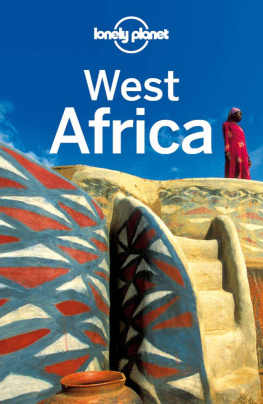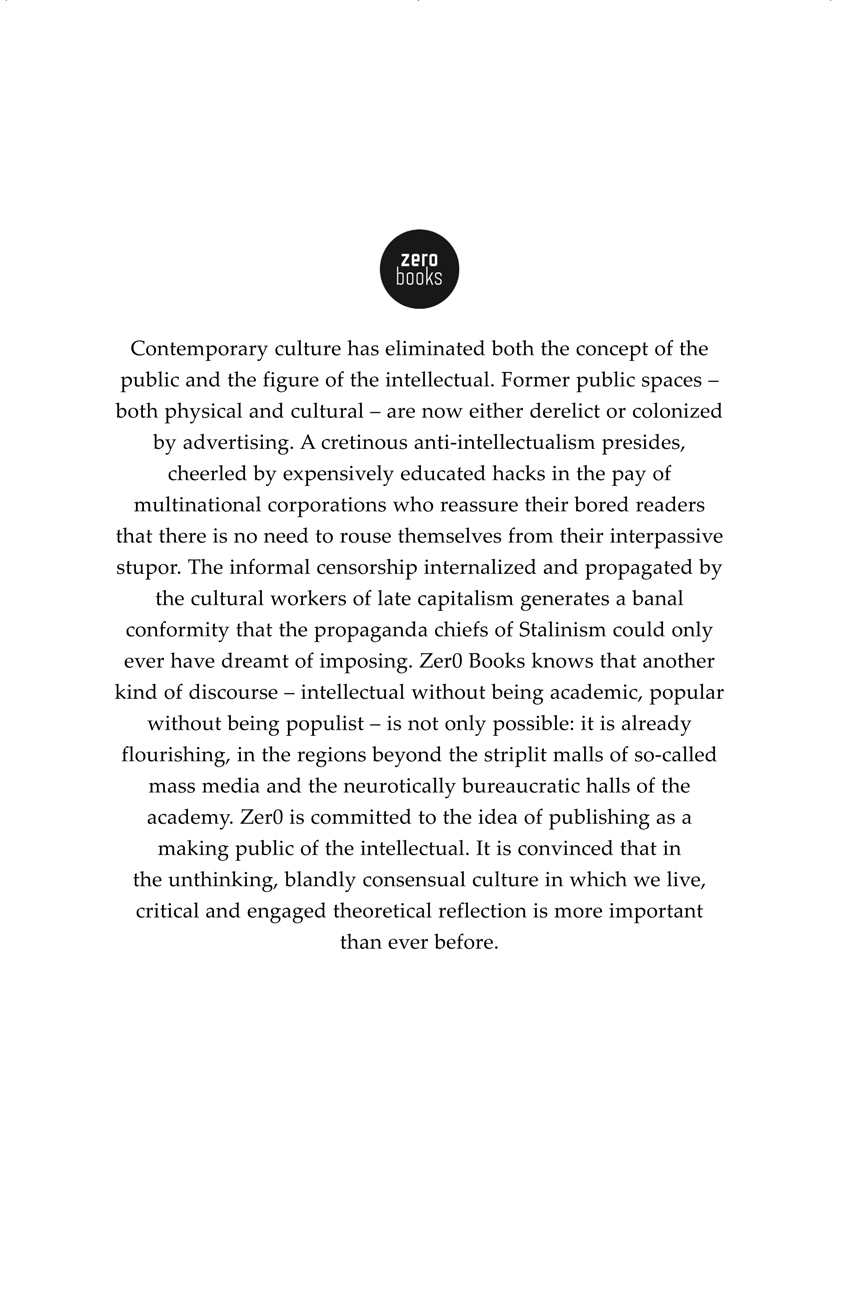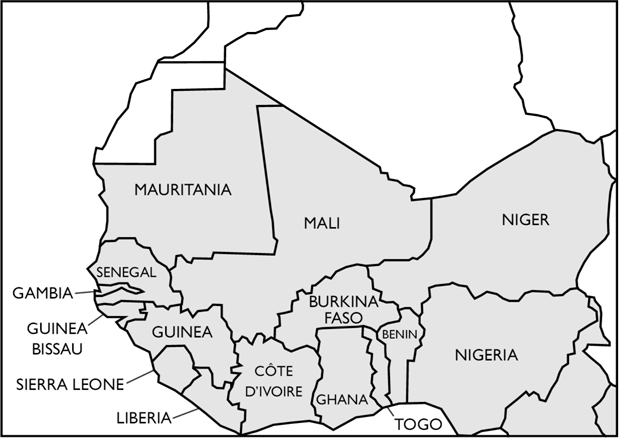WHAT PEOPLE ARE SAYING ABOUT
THE RINGTONE AND THE DRUM
Fuses the traditions of great travel writing with a deep and sophisticated knowledge of the fast-changing politics and cultures of West Africa. The result is a truly engaging and informative book that provides a rare tour of one of the worlds poorest and least understood regions.
Doug Saunders , Globe and Mail, Canada
The Ringtone and the Drum is high-energy food for wanderlust. Teeming with interesting facts, it turns Westons perspicacious eye on some of the least visited countries on earth. The result is an accessible, unique and enchanting account. But beware: it will tempt even the least daring to pack their bags for West Africa!
David Bloom , Professor of Economics and Demography, Harvard University
A wise and compelling book, which offers a real picture of what daily life is like in West Africa. Weston is a brave and resourceful traveller, who has entered the heart of some of the most fascinating and least visited parts of the world.
Toby Green , author of Meeting the Invisible Man: Secrets and Magic in West Africa
This is a courageous book, which sheds much-needed light on a corner of Africa that rarely gets media attention. Westons first hand reporting and analysis will help anyone seeking to understand how poor countries work and poor people live.
Seth Kaplan , author of Fixing Fragile States
The Ringtone
and the Drum
Travels in the Worlds Poorest Countries
First published by Zero Books, 2012
Zero Books is an imprint of John Hunt Publishing Ltd., Laurel House, Station Approach,
Alresford, Hants, SO24 9JH, UK
www.johnhuntpublishing.com
www.zero-books.net
For distributor details and how to order please visit the Ordering section on our website.
Text copyright: Mark Weston 2012
ISBN: 978 1 78099 586 1
All rights reserved. Except for brief quotations in critical articles or reviews, no part of this
book may be reproduced in any manner without prior written permission from the publishers.
The rights of Mark Weston as author have been asserted in accordance with the Copyright,
Designs and Patents Act 1988.
A CIP catalogue record for this book is available from the British Library.
Design: Stuart Davies
Printed and bound by CPI Group (UK) Ltd, Croydon, CR0 4YY
We operate a distinctive and ethical publishing philosophy in all areas of our business, from our global network of authors to production and worldwide distribution.
For my parents, and for Ebru
The great affair is to move, to feel the needs and hitches of life a little more nearly, to get down off this featherbed of civilisation and to feel the globe granite underfoot and strewn with cutting flints.
Robert Louis Stevenson
If God dishes your rice in a basket, you should not wish to eat soup.
Mende proverb, Sierra Leone
Prologue: Senegal
No sooner do you step out into the darkness from the Air France 737 than West Africa smothers you in her treacherous embrace. With one hand she plies you with the sweet, earthy smells of the tropics and anaesthetises you under a wave of damp heat; with the other she dismantles your defences, chipping away at the control you thought you had over your life, stripping you of your layers of protection, and leaving you naked, vulnerable, powerless to stave off her arsenal of threats.
At first, the losses of control are minor. In the airport, the unofficial porter who makes off with your bags can probably be trusted to take them to a waiting taxi, but as you are swallowed up by the dimly-lit throng outside the terminal and lose sight of both porter and luggage, you are hit by a moment of doubt as it occurs to you that the bags contents would be worth much more to their bearer than the meagre tip you will give him. In the taxi your control is limited by the decrepit state of the ancient vehicle, the absence of seat belts or headlights, and the carefree driving of the alarmingly young driver. In your hotel you chance the food, praying it has not been touched by unclean hands, washed in contaminated water, or left for too long in the pounding sun. And in the town the following morning, when you allow a guide to show you to the transport park, you hope your payment for his services will be acceptable; proffering a few hundred francs, however, you are rebuffed and then threatened, more serious trouble averted only when you raise your voice, cry thief, and discover with relief that your aggressor is unwilling to run the risk of vigilante justice at the hands of an angry mob.
As you move around the country the dangers mount up, your grip on your life loosens. The long journey south in the battered seven-seater Peugeot estate car that is the regions only form of public transport, along a rutted dirt road littered with overturned trucks: one stray cow or unnoticed boulder, perhaps obscured by dust thrown up by a passing jeep, and that could be you. Nearing the border a different threat looms. A low-lying rebellion has simmered here for years, occasionally boiling over into horrific violence. Not long before our passage, a Red Cross worker had been kidnapped and then executed by rebel soldiers; not long after, a nine-year-old girl would be shot dead in a bungled attack on a village. Commercial transport makes a three-hundred-mile detour to avoid the area. This is expensive and slow, but the money and time saved by taking the direct route are judged not to be worth the risk.
Fewer than fifty miles away, across a different frontier, more trouble lurks. A World Food Programme representative is here in Senegals south-eastern corner, staking out the territory in case civil war breaks out in neighbouring Guinea and a flood of refugees pours in. A military junta seized power there a year ago and is equipping itself for a fight. Weapons are being stockpiled, South African mercenaries recruited to train the new presidents supporters in the arts of war. Earlier in the year the junta had put down a protest in a stadium by killing dozens of unarmed civilians. Weeks after we passed by, the president himself would be shot in the head at point blank range by an aide. He would survive, miraculously, only to be spirited overseas for treatment, his brief hold on power consigned to history.
On reaching the border you breathe a sigh of relief. You cling to the delusion that it is you that is responsible for your fate, that it is your own resourcefulness that has got you through the first tests. In reality, of course, it is Africa that has allowed you to survive. It is she that controls your destiny, and if she so decides, although you are loath to admit it to yourself so early in your journey, this capricious continent can take it all away from you on a whim.
In the end, to retain your sanity, you must surrender. Your panic must soften into resignation. You must loosen the reins and, faced with no other choice, accept a higher degree of risk. This, after all, is how West Africans cope. The daily dangers they face in their lives are more threatening than any that confront the wealthy Western traveller. Fatalism, the resigned acceptance of whatever the gods throw at them, is their only rational response.
We break our journey at the small frontier outpost of Kolda. One of the hottest towns in Africa, it is a mosquito-infested froth of sweat, noise, industry and filth. Everywhere you turn there is a bicycle repair shop, a mechanic, a tyre seller or a wholesale store, all servicing the thin stream of cross-border traffic. The air judders with the roar of generators, the clink of metal on metal, and the rumble of idling engines. A central square clogged with mopeds and trucks hosts a single fuel pump. Along one side of the square winds a sluggish river, oozing litter and grime. Bloated pigs trawl its banks for scraps. Only in the evenings does the stench of traffic fumes recede, elbowed gently aside by the dank smell of raw sewage.


